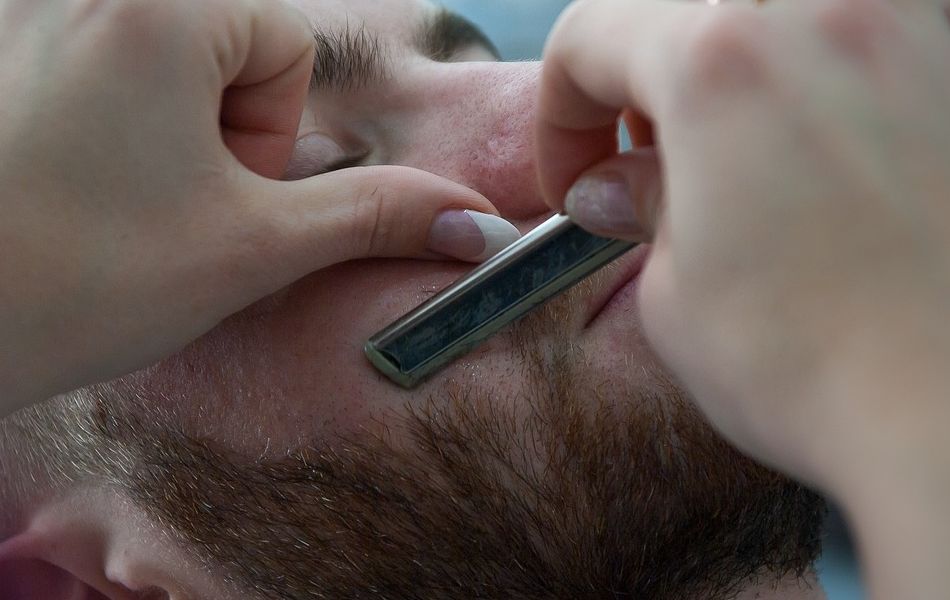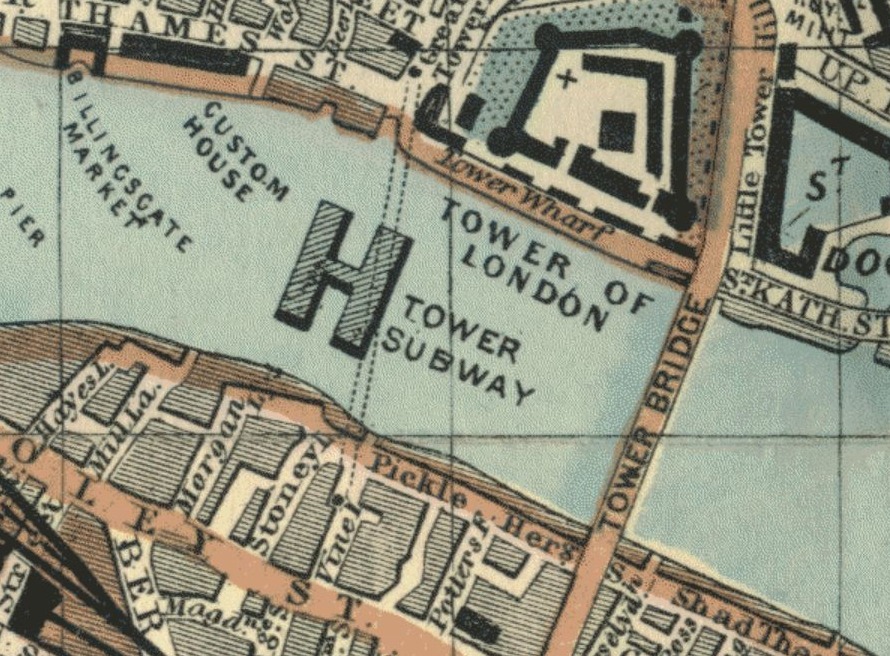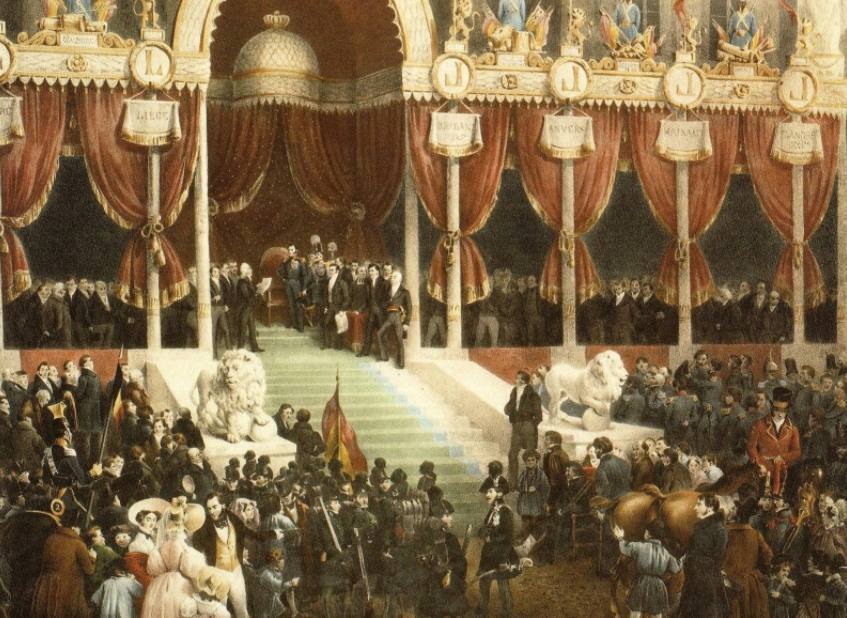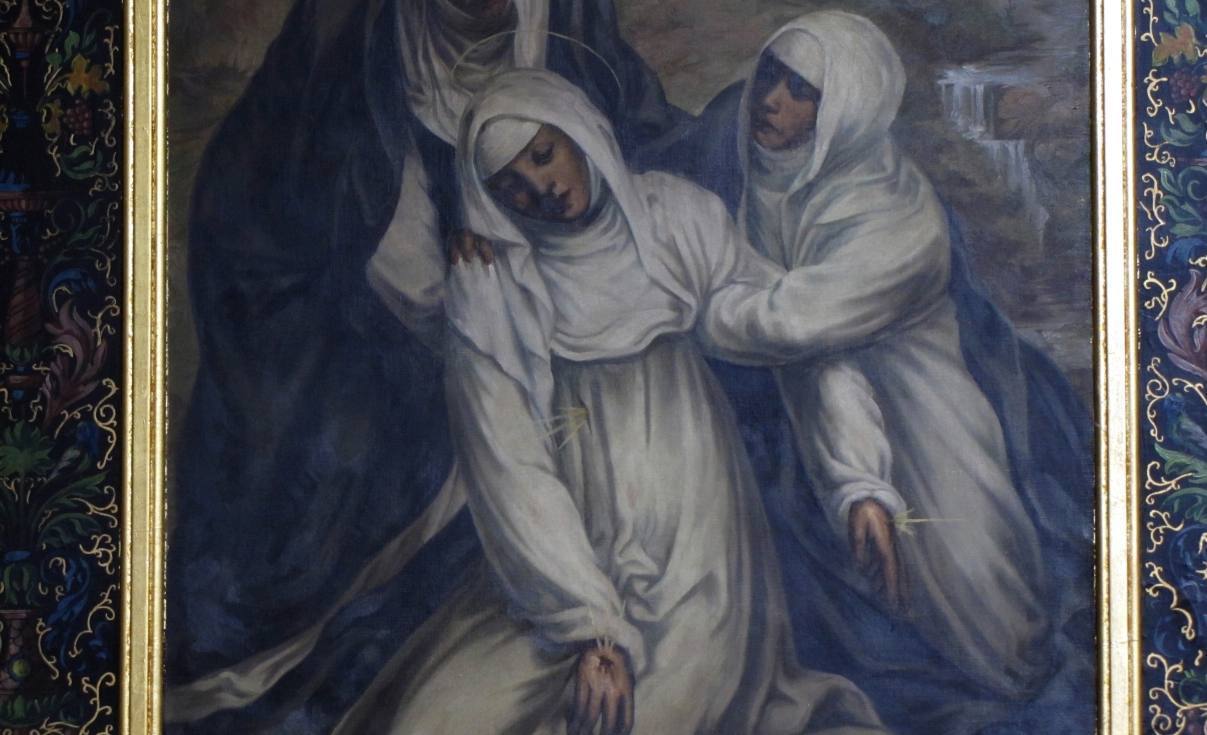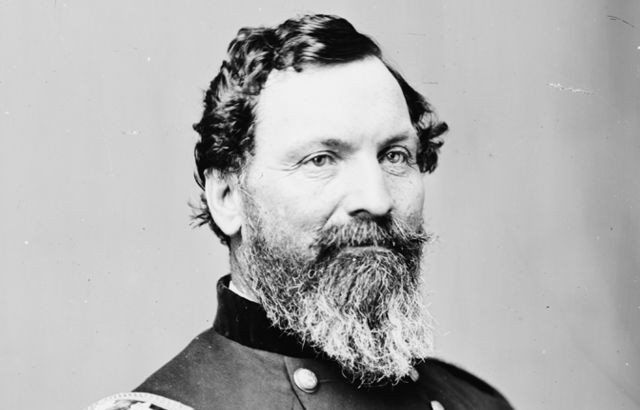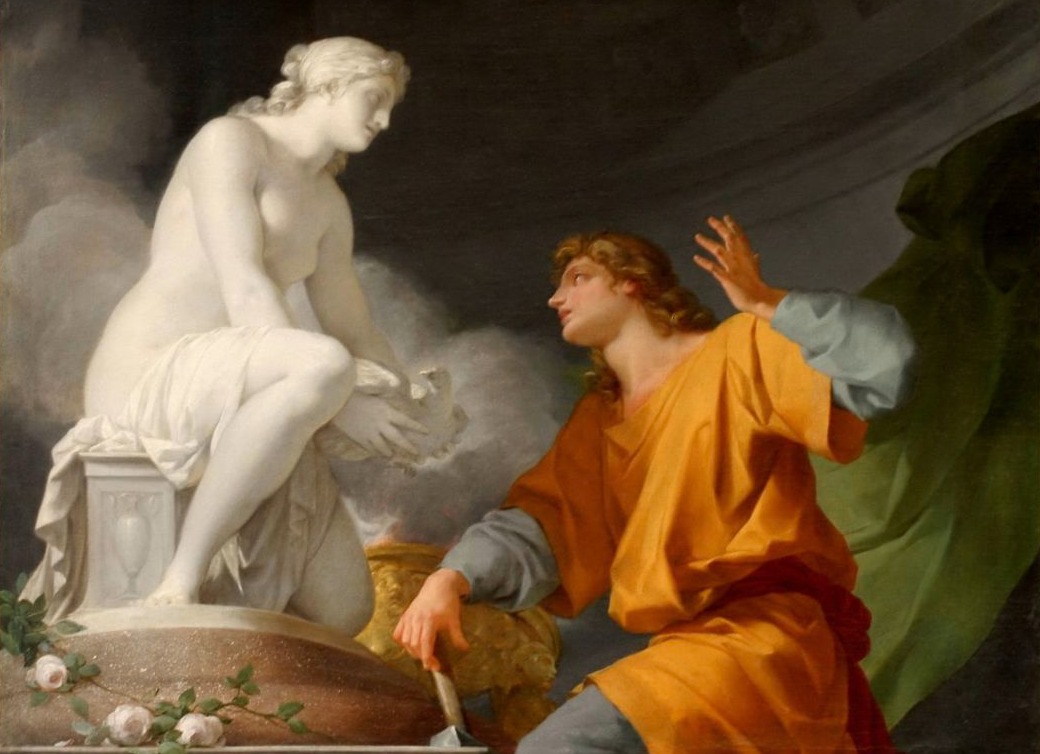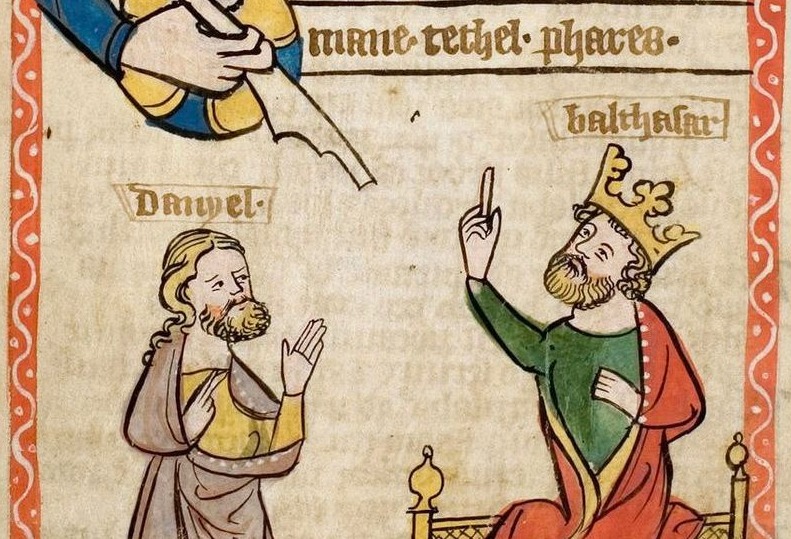Tsar Peter the Great ( 1672 -1725) introduced a special tax in 1689. Anyone who wanted to walk around with a beard from now on had to pay for it. The Russian tsar, who himself only had a mustache, thought beards unnecessary.
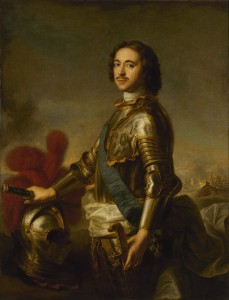
The Tsar also thought that Russians should say goodbye to their ‘retarded’ beards. According to the monarch, in the west people mainly laughed at the strange facial hair of the Russians. Biographer Robert K. Massie described the Tsar’s vision as follows:
“The beards were a visible symbol of everything he wanted to change, and he characteristically went on the attack by taking up the razor himself. From that time on, anyone with a beard who attended a banquet or ceremony where Peter was present, left the building without a beard.”
Although the Tsar initially mainly fought the beards in his immediate vicinity, the beard ban was soon introduced on a large scale. Only clergy and farmers were allowed to grow their beards. All other Russians had to pick up scissors or razors and get rid of facial hair. The Tsar’s seriousness was also apparent from the fact that he authorized officials to shave beards wherever they went. It made no difference whether they were high-ranking Russians or poor workers.
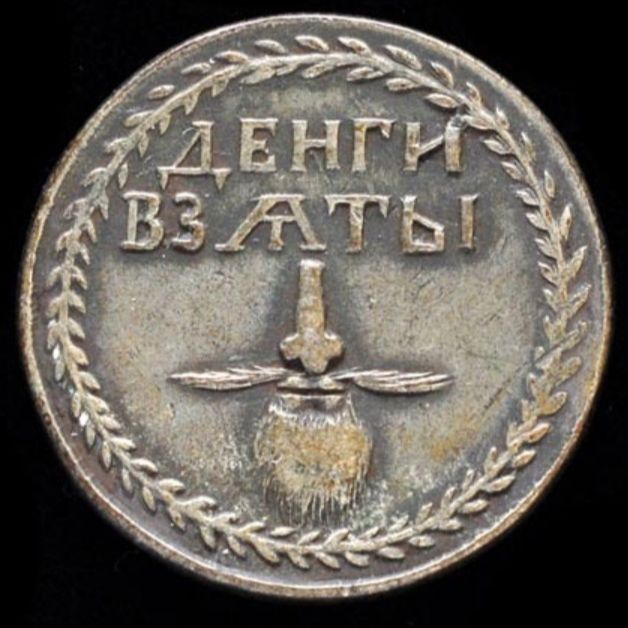
The tax
Anyone who insisted on keeping his beard tried to bribe the officials. However, these demanded such high sums that wearing a beard became an enormously expensive affair. In the end it was therefore decided to introduce a special beard tax. One could keep the beard for an annual fee. They were then given a necklace around the neck with a plate stating that the beard tax had been paid. An ascending rate was applied. Farmers paid ‘only’ two kopecks, while wealthy merchants had to deposit as much as a hundred rubles. However, those who were in the direct circles of the tsar usually decided to simply remove the beard. Peter the Great found beards so repulsive that he sometimes single-handedly and harshly removed them from his guests.
Serious case
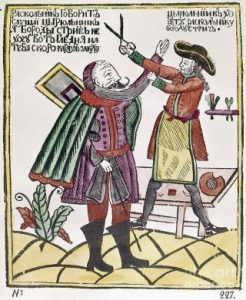
“He was a craftsman who handled his ax skillfully and I had always been on good terms with him. I made a little mockery of him (…) told him that he was now a young man and asked what he had done with his beard. (…) He put his hand into his shirt, pulled out his beard and showed it to me; he also told me that when he went home he would keep him to have him put in his coffin and buried with him, so that when he came to the afterlife he would be accountable.”
Henry VIII
Peter the Great was not the first to introduce a beard tax. King Henry VIII of England preceded him in the sixteenth century . This monarch, best known for his many marriages and conflict with the Catholic Church, introduced a tax on beards as early as 1535. The bigger the beard, the more one had to pay. Partly because of this, long beards became a kind of status symbol. Henry VIII himself also had a lush beard. His special tax did not last very long, but was later reintroduced by his daughter Elizabeth I of England.

